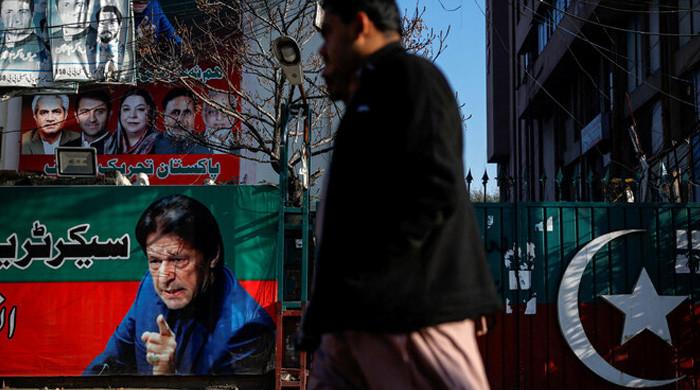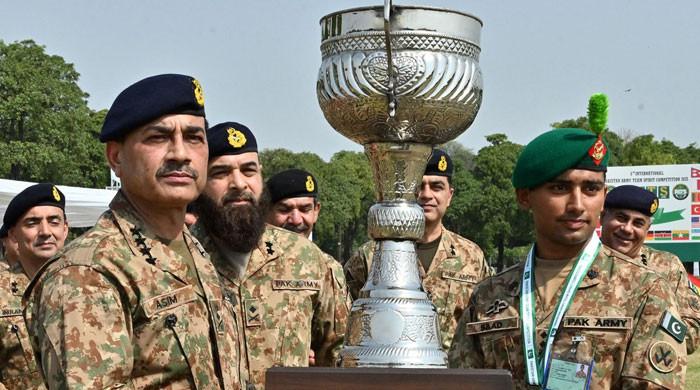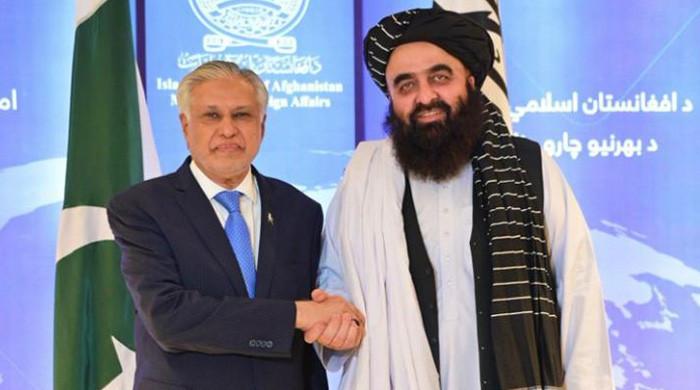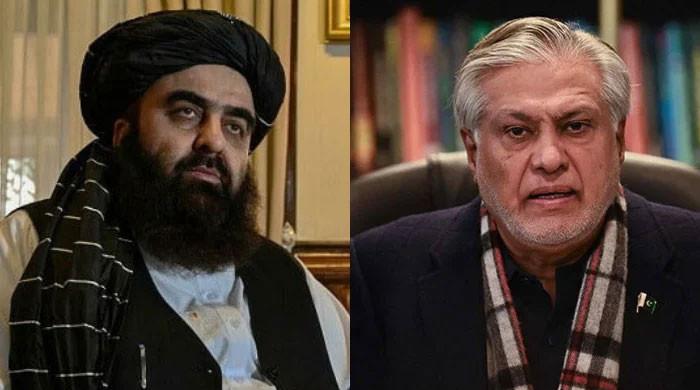Shahbaz Sharif 'money laundering gang's ringleader': Shehzad Akbar
FIA charge-sheet against Shahbaz in Ramzan Sugar Mills case reveals he is "mastermind of money-laundering group", he says
December 17, 2021
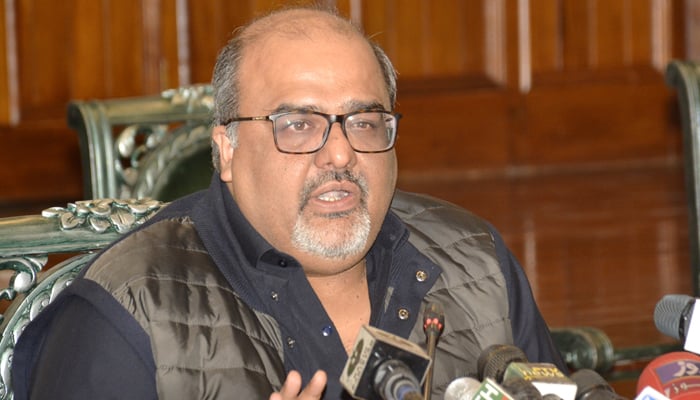
LAHORE: Advisor to the Prime Minister on Accountability and Interior Barrister Shahzad Akbar said Friday PML-N President Shahbaz Sharif is the "ring leader of a money-laundering gang".
Shahbaz and his son, Hamza Shahbaz, are involved in corruption and laundering Rs16 billion in the Ramzan Sugar Mills case, he said while addressing a press conference.
The challan submitted by the Federal Investigation Agency (FIA) against the two members of the Sharif family — Shahbaz and Hamza — in the Ramzan Sugar Mills money-laundering case consisted of more than 4,000 documents and 100 witnesses, he said.
The National Accountability Bureau (NAB) also found Shahbaz involved in money-laundering, and according to the FIA charge-sheet, he was the "mastermind of the money-laundering group", Akbar said.
He said the modus operandi used in the Hudaibiya Paper Mills case was again used in the Ramzan Sugar Mills scam, adding that Shahbaz got relief in the Hudaibiya Paper Mills case on "technical grounds, not on merit".
Akbar said billions of rupees were laundered through the accounts of low-wage employees of the Ramzan Sugar Mills and that Shahbaz opened 28 ''benamidar'' accounts to launder money between 2008 and 2018 when he was the chief minister of Punjab.
The PM's adviser said salary certificates of those employees were part of the bank record under the "know your customer (KYC)" regime. He added that the employees also confessed during an investigation that the bank accounts were opened in their names and the cheque books and other belongings were taken from them.
He claimed account opening was a condition after getting a job at the sugar mill.
Akbar said the amount of Rs16 billion was deposited in the accounts by karyana merchants, schoolteachers, hardware shops, auto-parts dealers, chicken suppliers, etc.
He added that the FIA came to know from the account holders during the investigation that none of them paid anything to the Sharif group.
The same method to launder money was also used in Sindh.
The salaries of the employees varied between Rs 5,000 and 30,000, however, the transactions in the accounts were worth billions of rupees.





